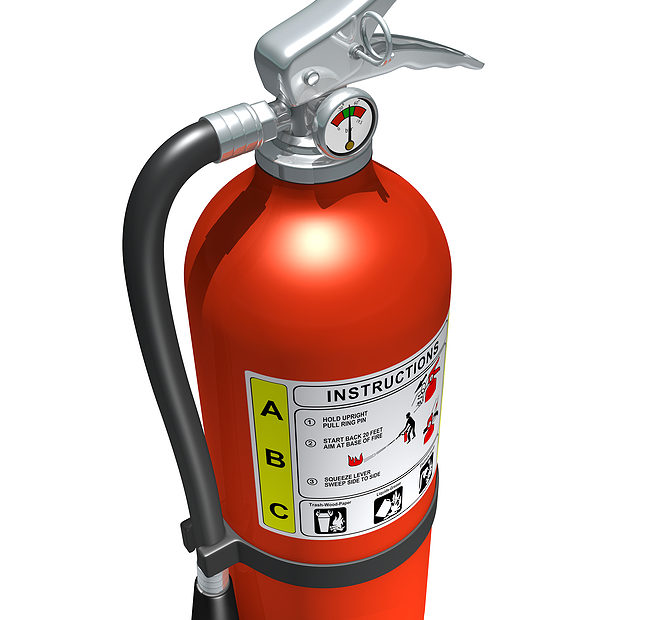Fire extinguishers are an essential tool for controlling and putting out fires in a variety of settings, from homes to offices and commercial or industrial environments. Depending on the fire risk present, different types of fire extinguishers must be used as each is designed for tackling specific kinds of fires. In this essay we’ll explore these various types of extinguishers and what type of fires they can help to battle.
Classic Water Fire Extinguisher
The classic water fire extinguisher is built with Class A blazes in mind – think ordinary combustibles like wood, paper, cloth or garbage. These tools work by cooling down the flame and removing its heat energy so it no longer has the fuel it needs to burn further. However they’re not suited for Class B or C hazards since they could end up spreading the flames instead or even create electrical risks!
Foam Fire Extinguishers
Then there’s the foam extinguisher, a versatile device against Class A and B fires. Flammable liquids like gasoline or paint ignite these fires. The foam smothers the flames, separating them from the oxygen they crave, a feature also handy for Class C fires. This type’s not electrically conductive, you see.
Carbon Dioxide Fire Extinguishers
Then there’s the foam extinguisher, a versatile device against Class A and B fires. Flammable liquids like gasoline or paint ignite these fires. The foam smothers the flames, separating them from the oxygen they crave, a feature also handy for Class C fires. This type’s not electrically conductive, you see.
Dry Chemical Fire Extinguishers
A dry chemical fire extinguisher is great for taking on any type of blaze. Not only can they handle Class A, B and C fires with ease but they also disrupt the chain reaction that allows them to keep burning – creating an effective barrier between flames and oxygen. This makes it a go-to when looking for protection against all kinds of blazes in industrial or commercial settings! Plus, their versatility gives you peace of mind knowing that whatever kind of emergency pops up, you have your back covered.
Final Thoughts
There you have it! Not all fires are created equal, so having a designated extinguisher that can handle each risk is key – think of it like getting your Pokémon team ready before battle! When every second counts, don’t leave yourself unprepared. Make sure you’re familiar with which fire-fighting tool works best against what type of blaze and get ahead of any potential disaster.
